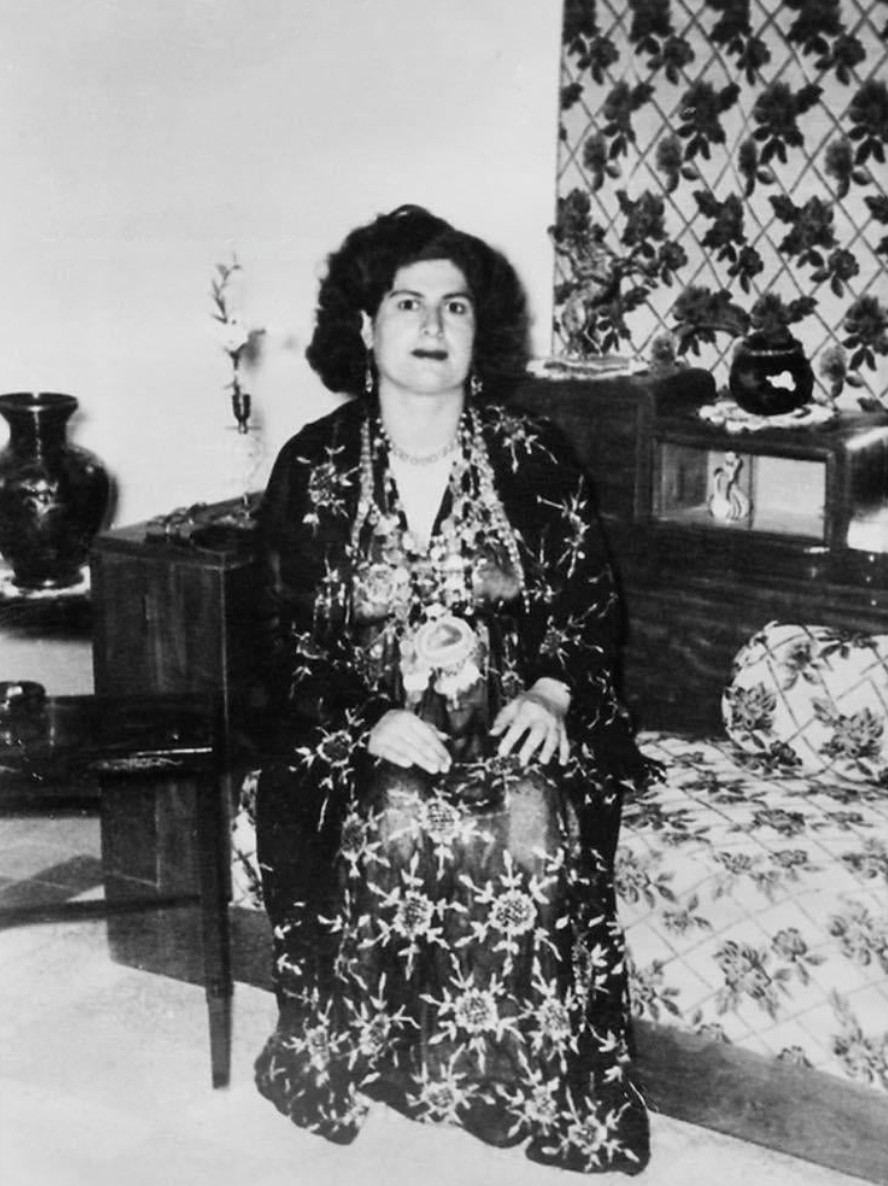The Office of the Coordinator for International Advocacy (OCIA) plays a pivotal role in promoting human rights, good governance, and international cooperation in the Kurdistan Region of Iraq. Operating under the presidency of the Kurdistan Regional Government (KRG) Council of Ministers, OCIA ensures that the KRG adheres to international human rights treaties while driving essential reforms within regional governance frameworks.
At the core of its mandate, OCIA collaborates with various KRG ministries and agencies to address critical human rights challenges, safeguarding the rights and dignity of people in the region. It also serves as the Kurdistan Region’s primary channel for engaging with international human rights mechanisms, ensuring regional practices align with global standards.
This engagement not only reflects the KRG’s commitment to human rights, but also reinforces its standing as a partner in global efforts to promote peace and social justice.
Beyond advocacy, OCIA monitors KRG institutions to ensure compliance with international human rights standards, working closely with them by tracking progress, identifying areas for improvement, and championing transparency, accountability, and the rule of law. This oversight is critical to fostering a governance system that prioritizes equity, inclusion, and the protection of fundamental freedoms.
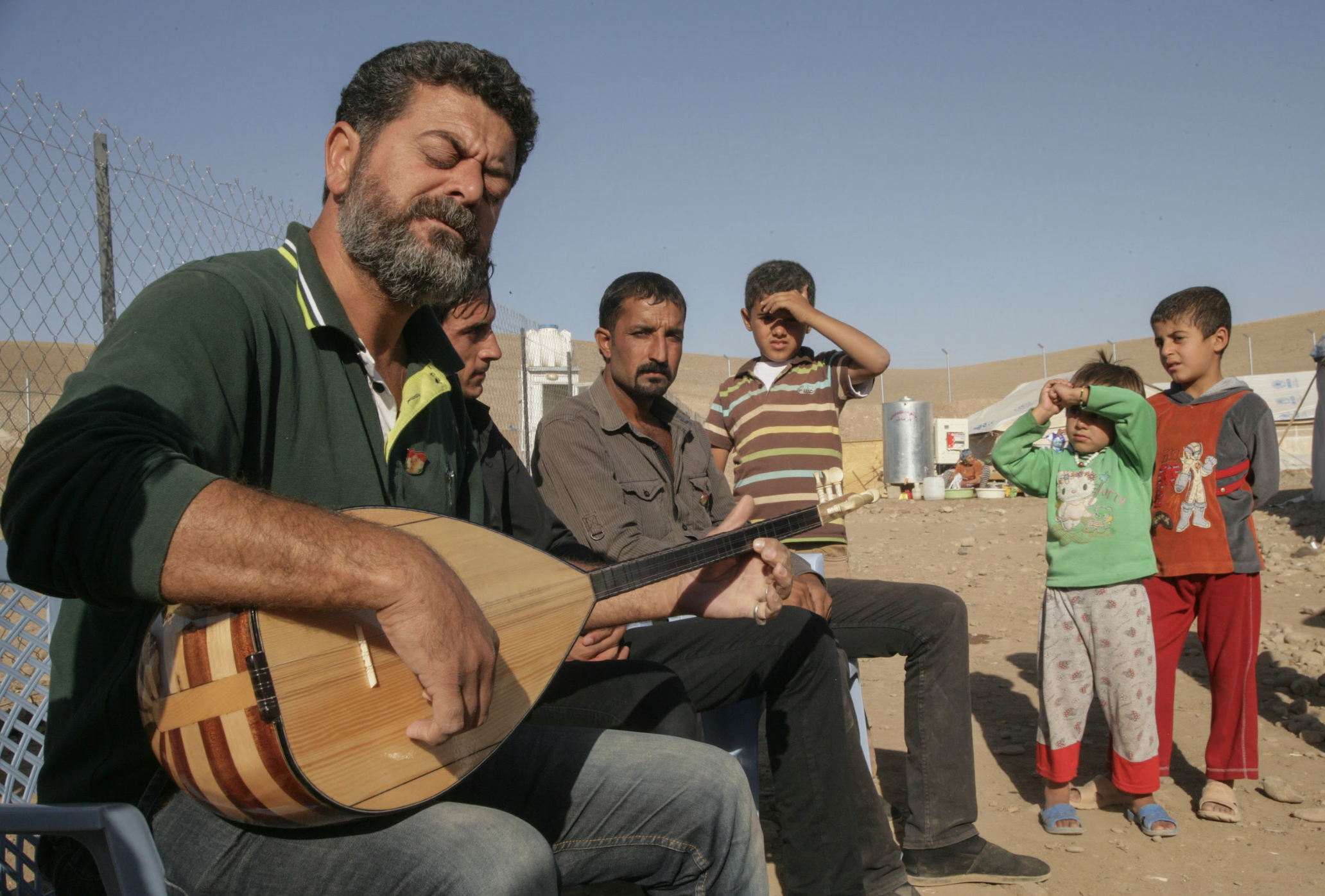
Accountability, advocacy, and oversight
OCIA’s multifaceted approach underscores its significance as a bridge between international norms and local practices. It facilitates the KRG’s involvement in international advocacy campaigns, reviews reports from global bodies, and ensures regional policies align with Iraq’s international obligations. By fostering awareness in the KRG’s institutions about global legislative implications, the office strengthens transparency and enhances governance practices in areas such as public freedoms and minority rights.
One of OCIA’s key areas of work involves human rights advocacy and oversight, where it ensures that KRG institutions comply with international human rights laws and treaty obligations. This includes actively engaging with international mechanisms such as the UN and regional human rights organizations to ensure the Kurdistan Region remains accountable for its human rights practices.
The office also works to strengthen the rule of law and governance by promoting legislative reforms that address both local and global human rights concerns. Good governance initiatives focus on transparency, accountability, and ensuring the protection of the rights of marginalized communities, including refugees, minorities, and people with disabilities.
Another central responsibility of OCIA is its coordination for the recognition of ISIS crimes as genocide, where it works closely with the UN Investigative Team to Promote Accountability for Crimes Committed by ISIS. This involves ensuring that ISIS atrocities against religious and ethnic minorities, particularly the Yezidis, are recognized internationally as genocide. The office has been at the forefront of supporting initiatives aimed at bringing perpetrators to justice and providing reparations to victims of ISIS violence. In line with this, OCIA coordinates efforts to investigate enforced disappearances and torture cases that occurred during ISIS’s occupation of the region.
OCIA is also heavily involved in monitoring and reporting on human rights conditions in the Kurdistan Region, evaluating the KRG’s progress in fulfilling its human rights commitments and ensuring that the government remains transparent and accountable in its human rights practices. The office also facilitates communication between the KRG and international human rights bodies, providing insights into national practices and policies and advocating for necessary reforms to ensure the protection of fundamental rights.
In the area of advocacy for vulnerable groups, OCIA’s work is multifaceted. It prioritizes the rights of women, minorities, and internally displaced persons, advocating for legal frameworks and policies that protect their rights. The office also works to advance freedom of expression and supports media rights, ensuring that journalists and media workers can operate freely without fear of repression. Additionally, OCIA supports the rights of foreign workers, pushing for better labor protections and combating exploitative practices.
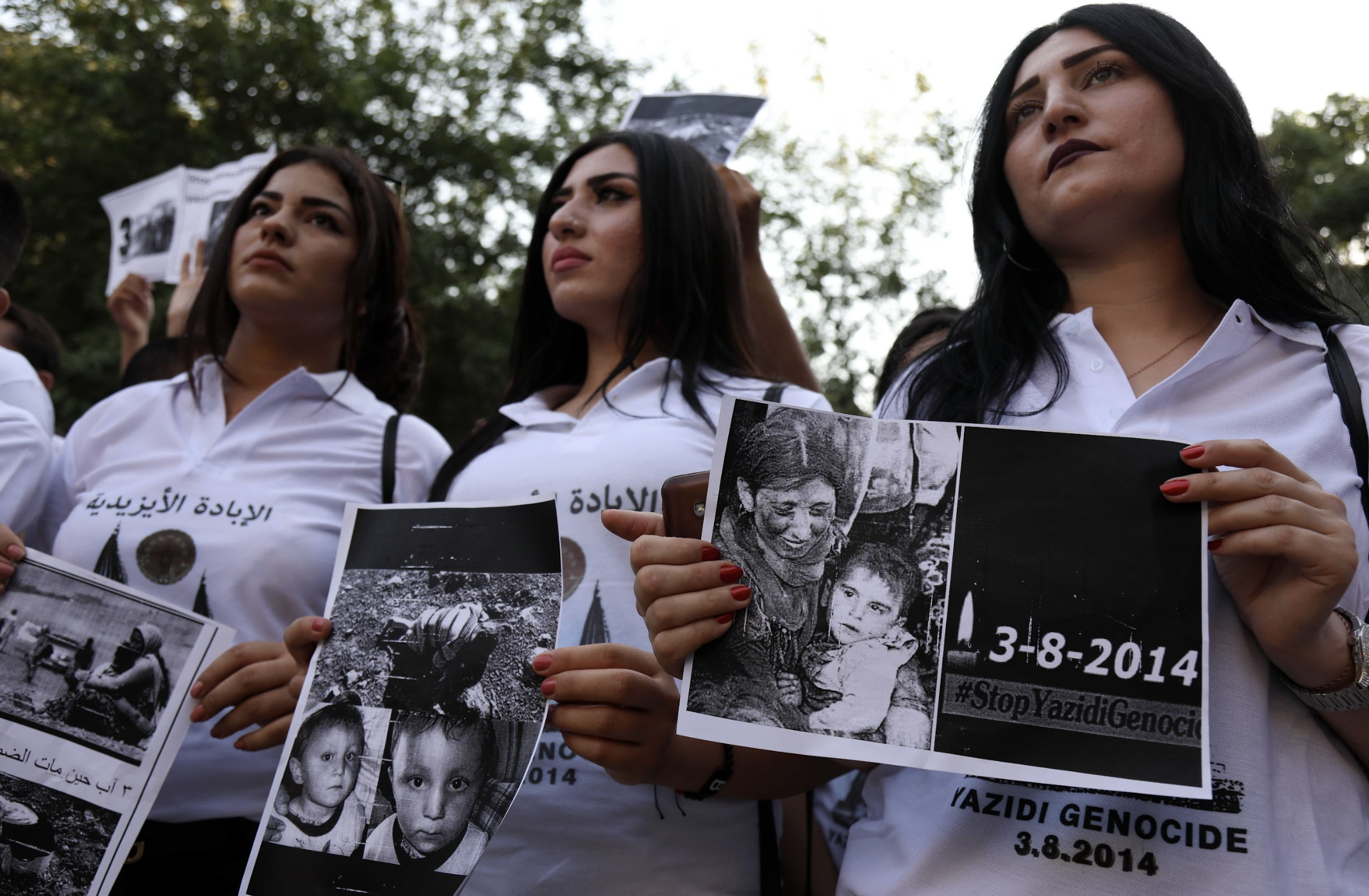
Capacity building
OCIA enhances capacities on other serious issues. For example, it addresses human trafficking through collaborative efforts with national and international partners by advocating for stronger legal frameworks to prevent trafficking and improving the support systems available for victims. It also provides policy recommendations on enhancing labor rights and addressing social justice issues, with a particular focus on integrating these concerns into the broader governance framework of the Kurdistan Region.
Meanwhile, OCIA also engages in capacity-building efforts within the KRG by organizing training programs for government officials, legislators, and civil society actors. These programs focus on raising awareness of international human rights norms, helping to integrate these standards into the policymaking processes. By fostering knowledge exchange between KRG officials and their international counterparts, OCIA helps the region implement best practices in governance and human rights.
One of OCIA’s strategic priorities is ensuring the ratification of international treaties by Iraq and the Kurdistan Region, particularly in areas related to human rights and humanitarian law. The office provides consultations on how to align national and regional policies with global standards and advocates for the implementation of multilateral agreements such as the Universal Periodic Review process. It works to ensure that Iraq, as a signatory to various international human rights conventions, adheres to its commitments and integrates international obligations into domestic law.
Finally, OCIA contributes to regional and national platforms focused on governance, human rights, and humanitarian responses. The office regularly participates in dialogues with regional partners to ensure that the KRG’s human rights priorities are integrated into broader regional discussions. These engagements help position the Kurdistan Region as a responsible actor in the region’s human rights landscape, while also enhancing cooperation with neighboring countries and international organizations.
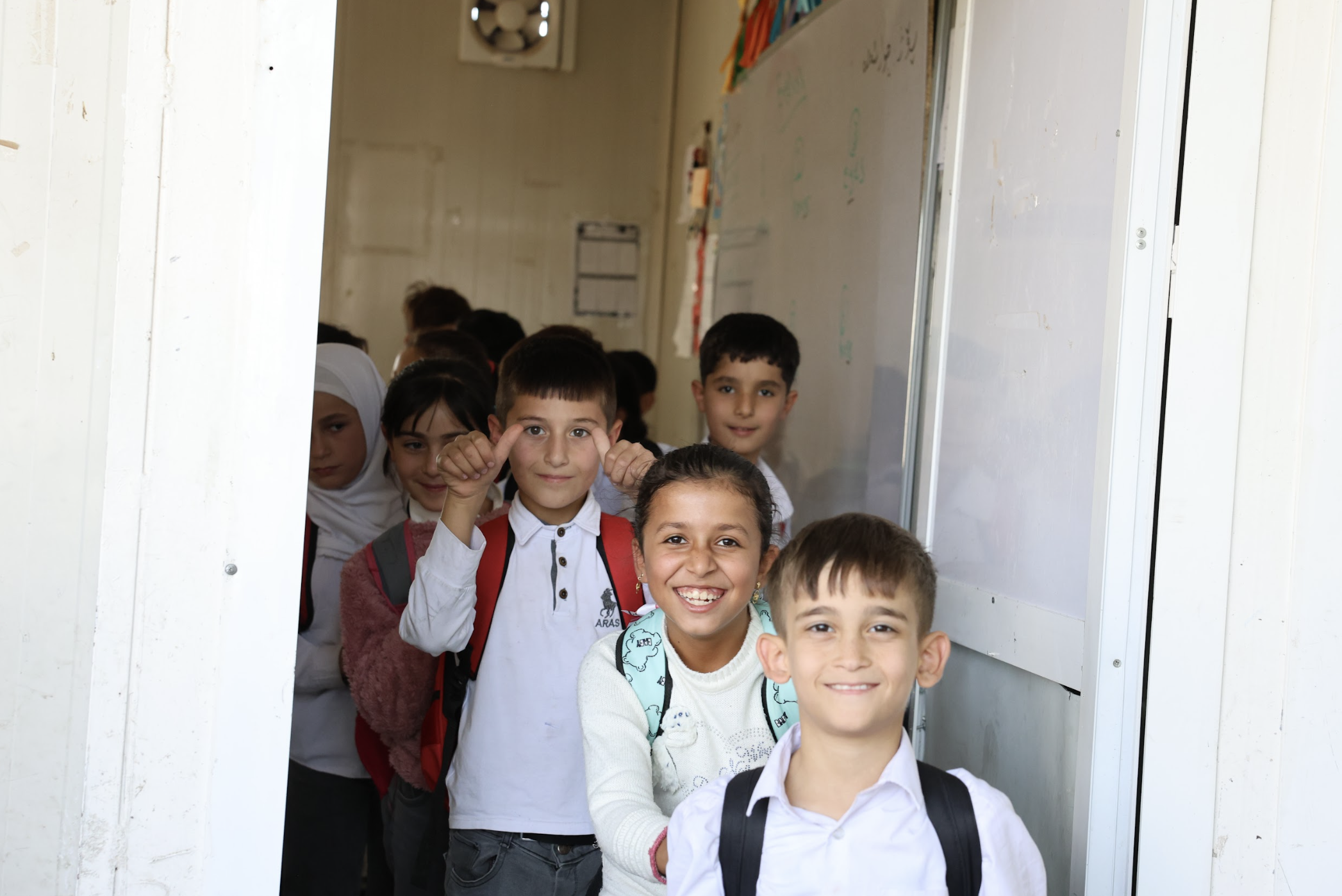
2021-2025 plan
On September 15, 2021, the Presidency of the Council of Ministers approved the KRG’s Human Rights Action Plan (2021-2025), underscoring the importance of human rights and the implementation of international recommendations directed at the region. This is a key element of the KRG’s reform agenda.
The plan has been meticulously crafted and endorsed by the judiciary, the Presidency of the Kurdistan Region, the Presidency of the Parliament, the UN Assistance Mission in Iraq, civil society, non-governmental organizations, diplomatic missions in the region and the National Committee for Writing the Report of the Agreements Ratified by Iraq.
Encouragingly, the majority of the recommendations outlined in the plan have been implemented in recent years, including the enactment of laws, policies, and concrete steps in the Kurdistan Region, particularly in areas of law protecting the rights of communities and combating domestic violence, the Children’s Rights Protection Act, and the Journalism Act, among others. As of May 2024, the number of implemented recommendations rose to 171, while the number of recommendations still to be implemented decreased to 127, with 102 recommendations in the implementation stage. The rate of implementation has increased, with 42.8% of recommendations fully implemented and 25.5% under active implementation.
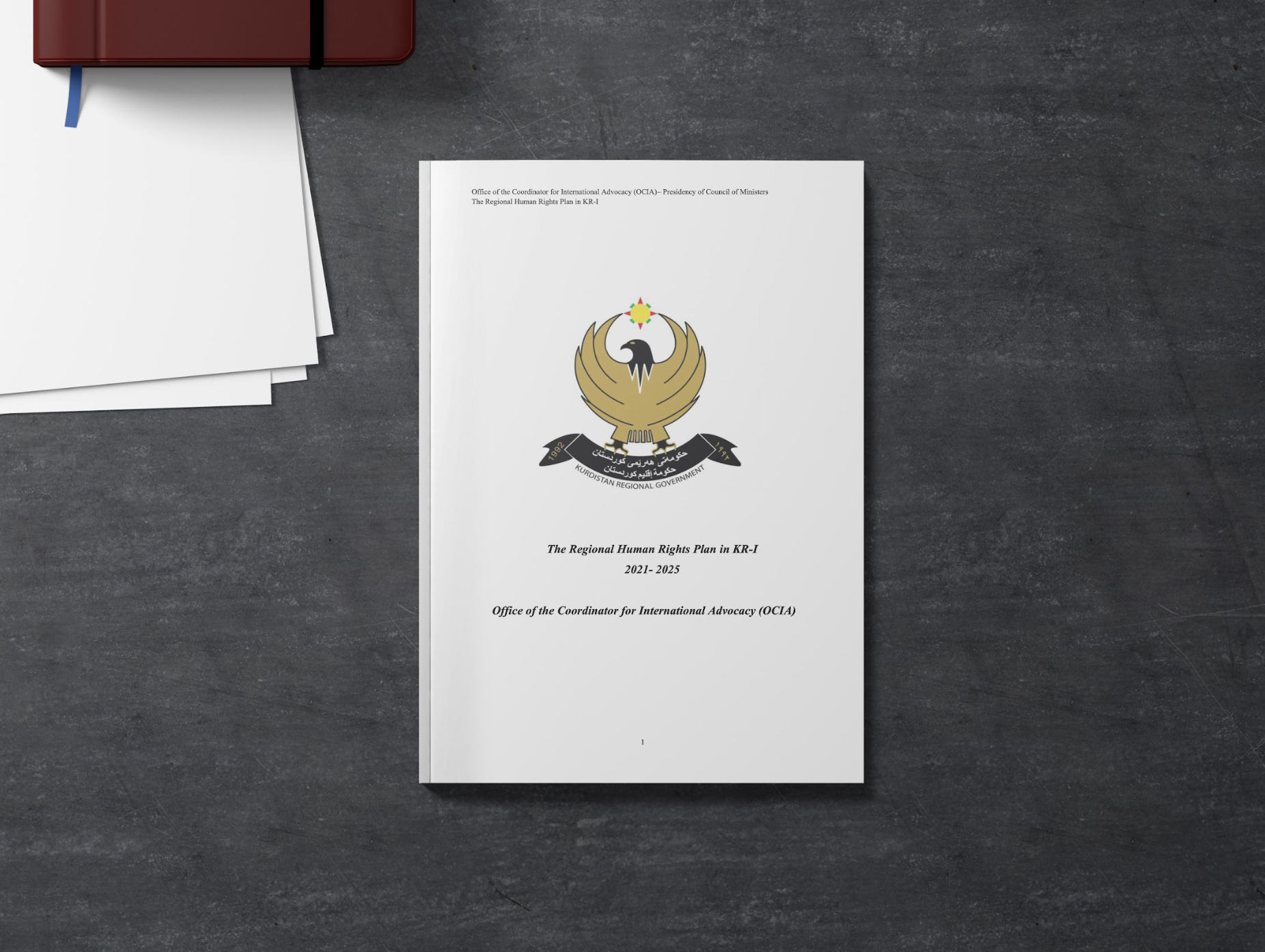
Leaders in human rights
OCIA has been integral to the Kurdistan Region’s efforts to foster human rights progress. The conference commemorating the 76th anniversary of the Universal Declaration of Human Rights, held on December 3, 2024 in Erbil, was one of many conferences organized by the OCIA. These events are held regularly, either annually or upon the completion of significant missions. In addition to large-scale conferences, OCIA conducts seasonal workshops, roundtable gatherings, and semi-conferences, creating numerous opportunities for dialogue and engagement with international and regional stakeholders.
These events not only provide a platform to discuss the KRG’s human rights progress, but also focus on addressing ongoing challenges.
The conference reaffirmed the commitment of the Kurdistan Region’s authorities to human rights and sustainable development, emphasizing the importance of collaboration with international and regional partners. It also highlighted the KRG’s achievements, including its leadership in finalizing the Human Rights Action Plan and its contributions to advancing governance reforms and fostering regional stability.
The Kurdistan Region’s authorities have established themselves as leaders in the promotion of human rights, transparency, and international cooperation. Their comprehensive approach to advocacy and reform demonstrates a steadfast commitment to aligning the region with global standards while addressing local challenges. As they continue their mission, the KRG sets a model for balancing regional priorities with international obligations, paving the way for a more equitable and just future.
Dindar Zebari is the Kurdistan Regional Government’s Coordinator for International Advocacy.
